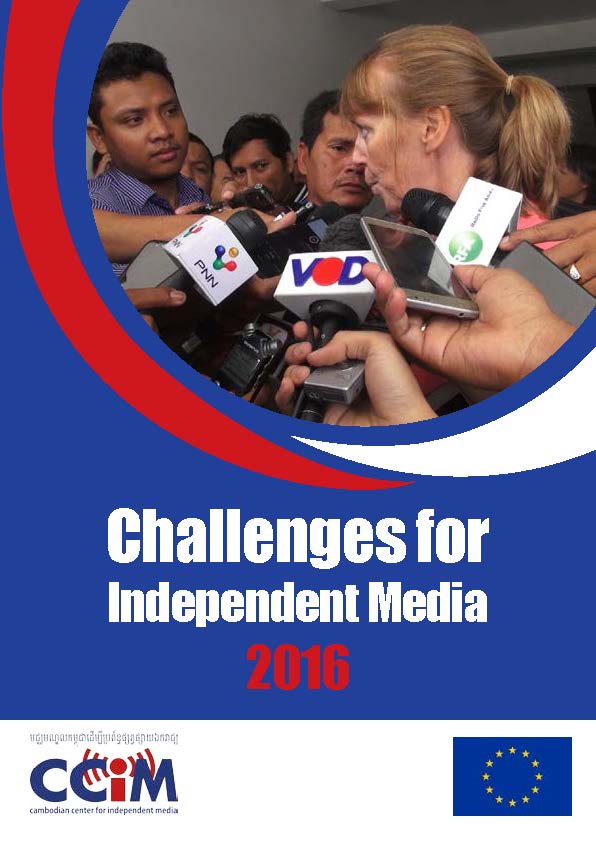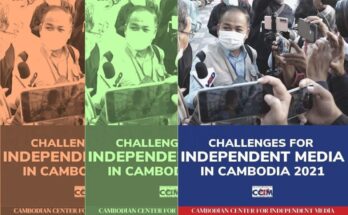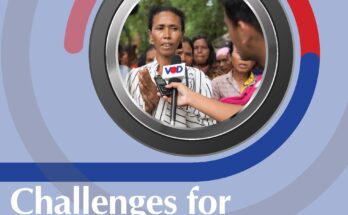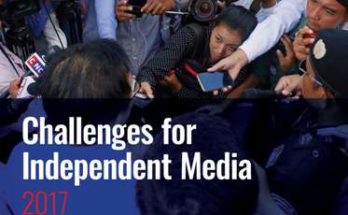Although there were no physical attacks or lawsuits against journalists in 2016, media outlets operated in an environment that often placed intense pressure to report favorably on the government and their allies in the business community. Rising political tension ahead of commune elections in June 2017 and an accompanying wave of legal action against government critics had a chilling effect on journalists, even those working for outlets that perceive themselves as independent and free to report on a broad spectrum of sensitive issues.
Corruption was seen as one of the most difficult topics to report on, followed by border issues and land concessions. Interference and repercussions were most likely to come from publishers or owners, followed by authorities and politicians, according to journalists and experts surveyed, all of whom said they were willing to engage in or report on freedom of the press.
Legal threats and prosecution was ranked as the fourth biggest problem facing the industry overall, but was felt most acutely at independent media outlets, where editors said they had become increasingly cautious about what they covered or how they covered it. The assassination of political analyst Kem Ley, a regular source for these outlets institutions, along with legal action against government critics hit close to home and heightened the perceived likelihood that such action could be taken against journalists.
The government’s hold on media, including its control of all TV stations and a majority of radio and press outlets, which have long been used to marginalize or combat negative coverage in other media, was further loosened due to expanding internet penetration. However, the rapid shift of readers moving online –2016 marked the first year that the internet was the most common source of news for Cambodians – presented both opportunities and challenges to independent journalists. While it increased the overall readership of many traditional outlets, it has disrupted the business models, increased competition for readers and shaken the media landscape.
With the country facing deep uncertainty over the national election in July 2018, there was widespread concern among journalists as to whether a government that has been surprisingly tolerant of highly critical media outlets would shift its position and expand its campaign against critics into the media arena.




